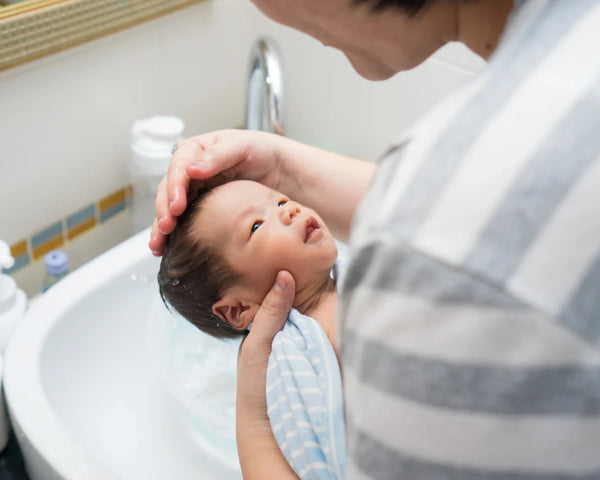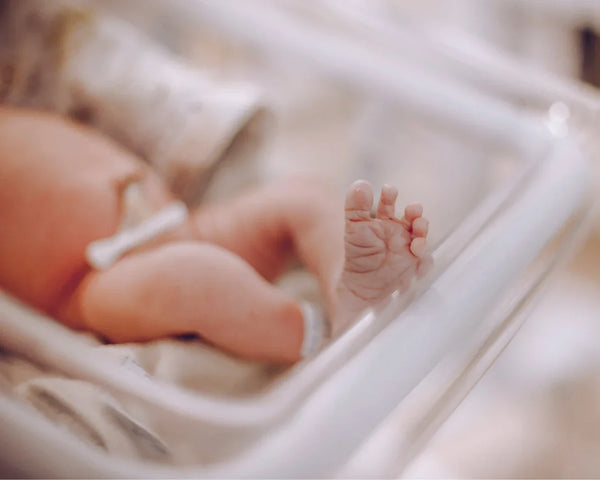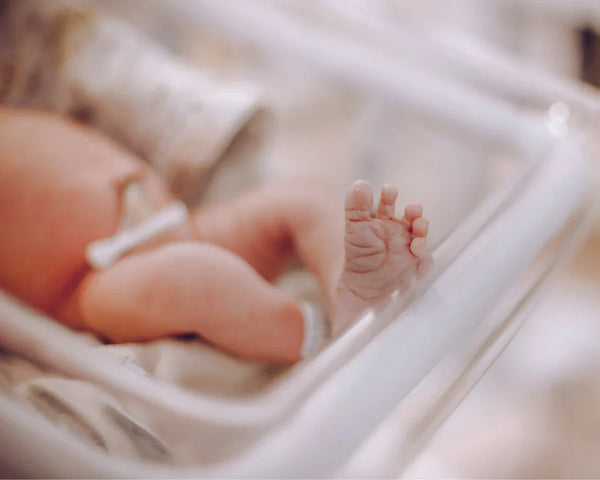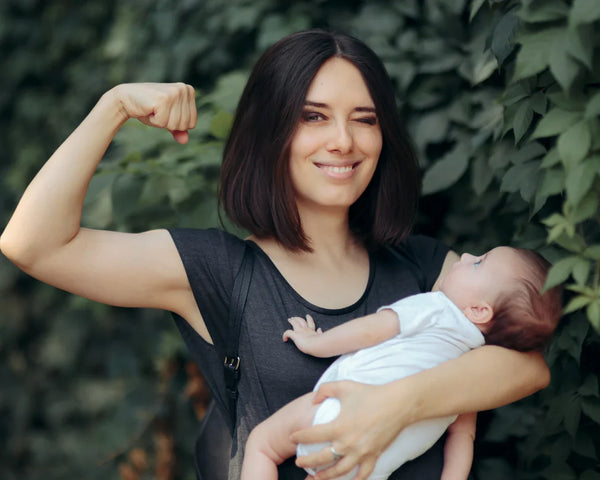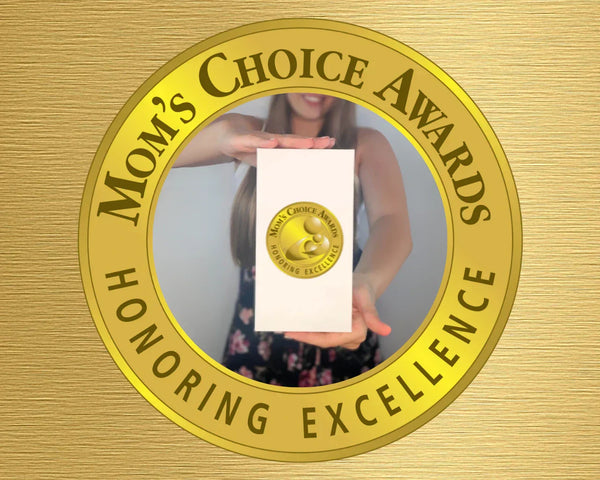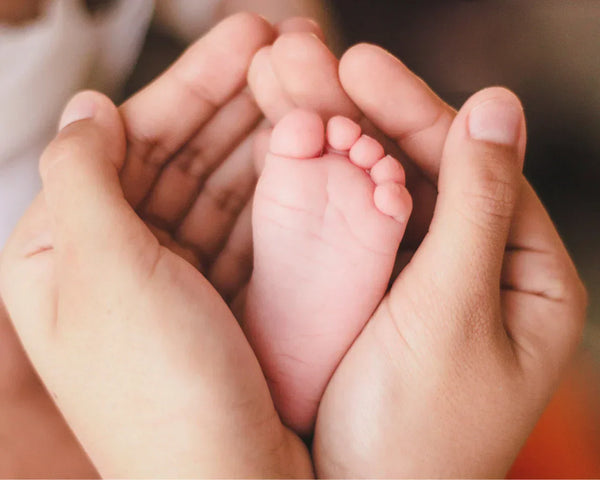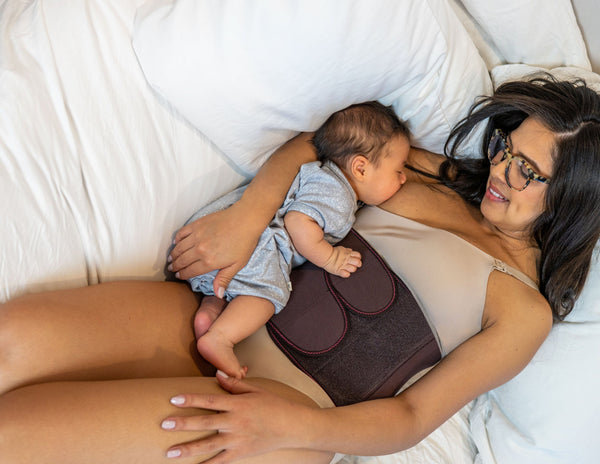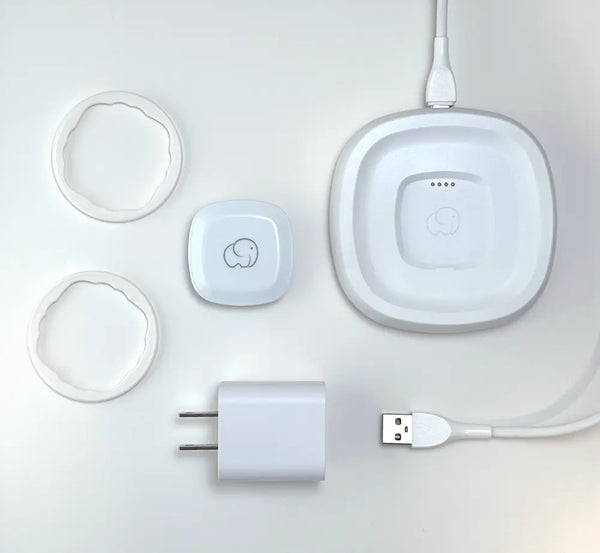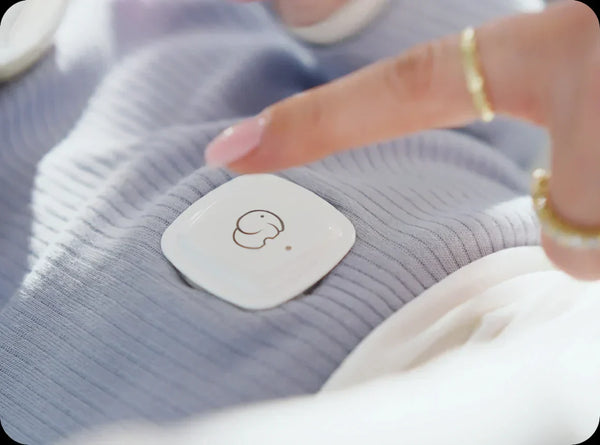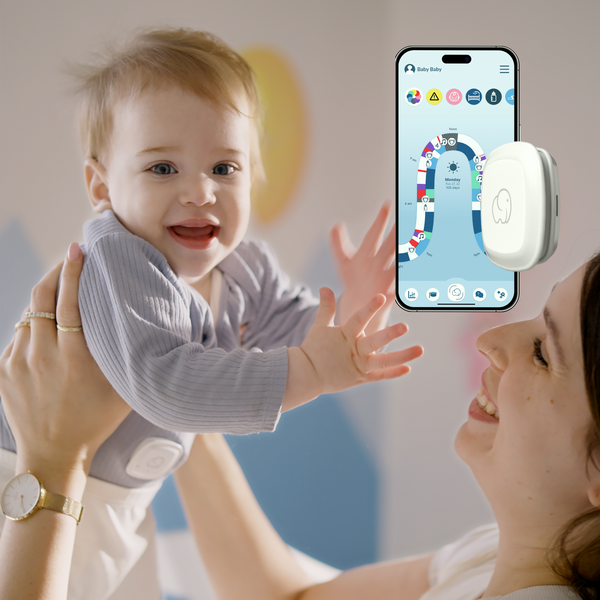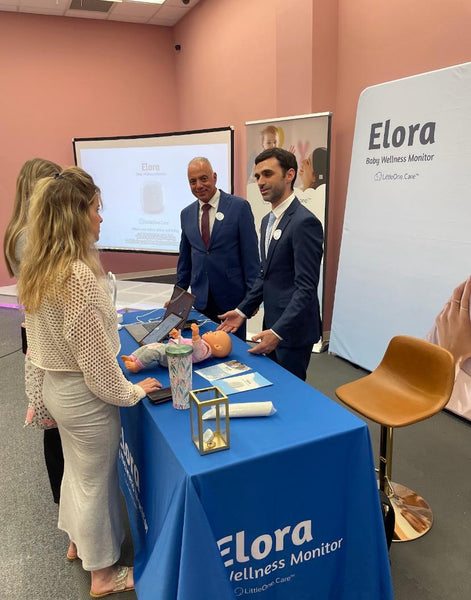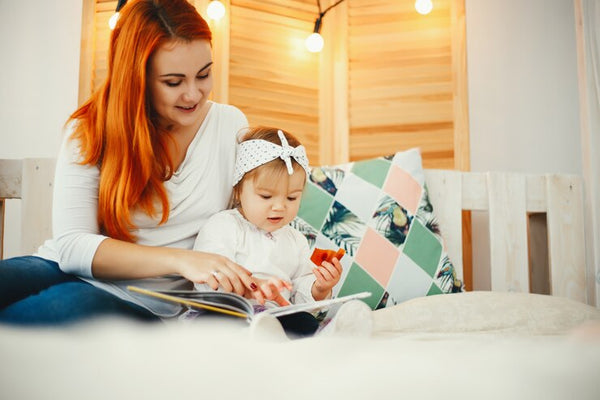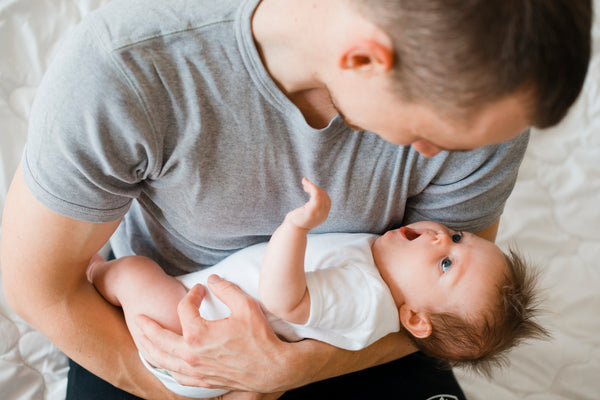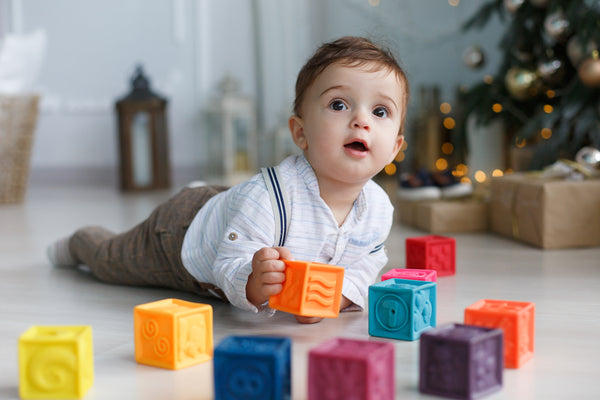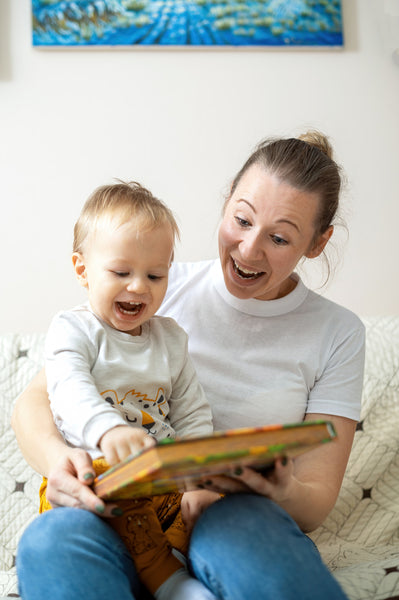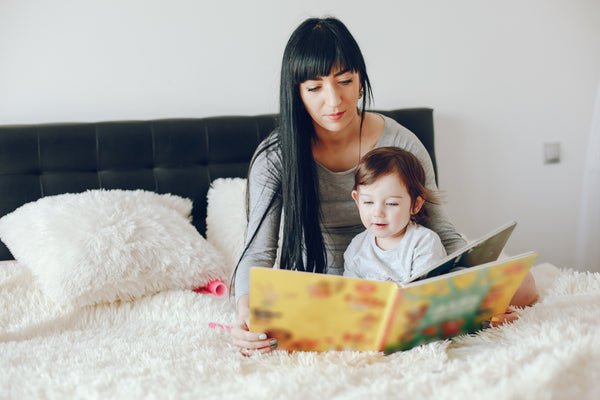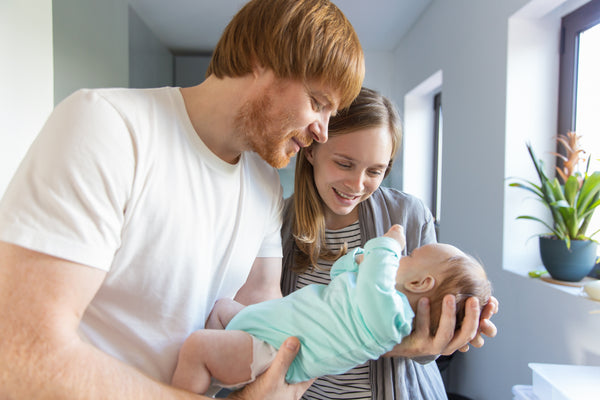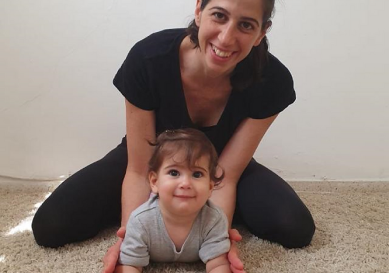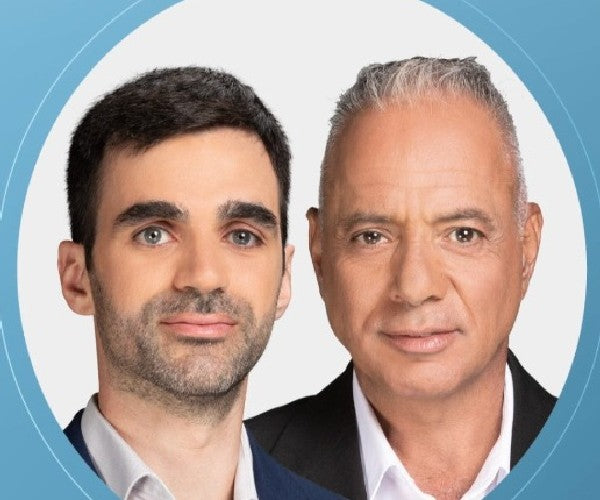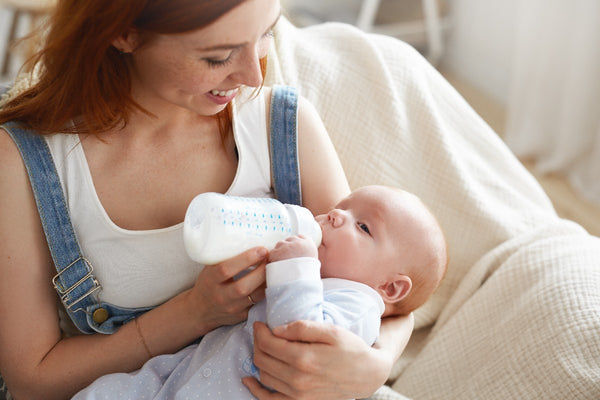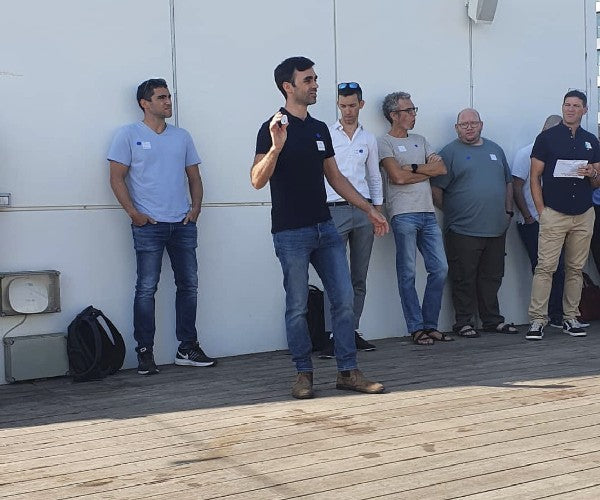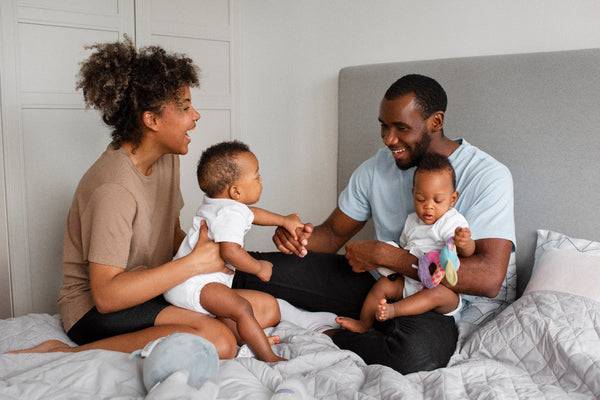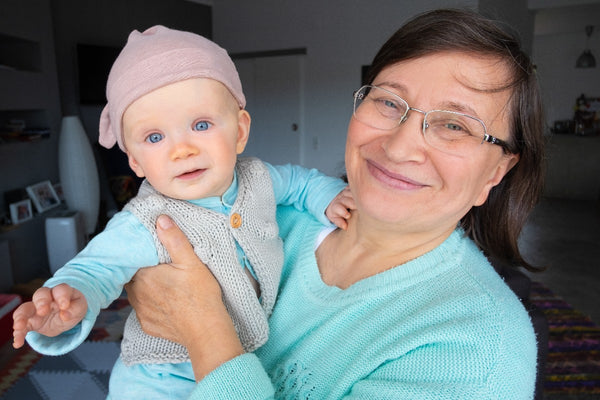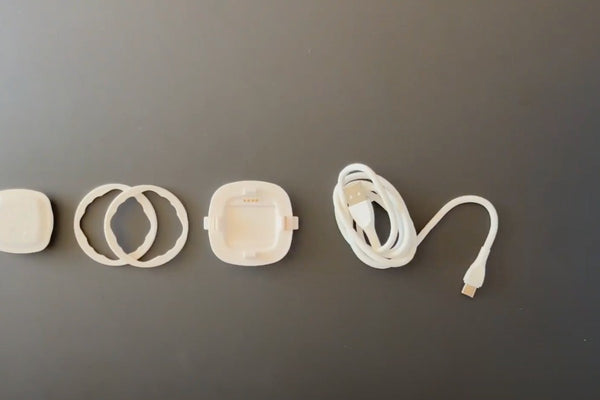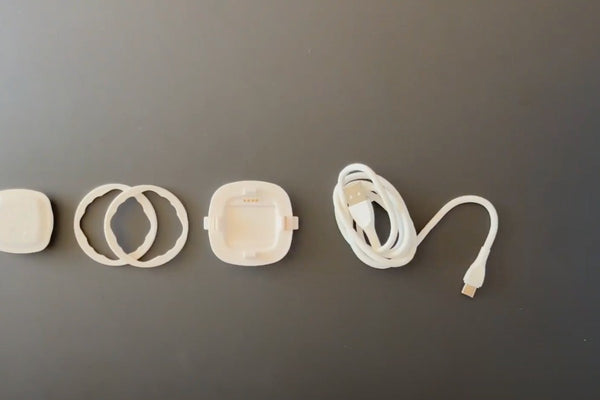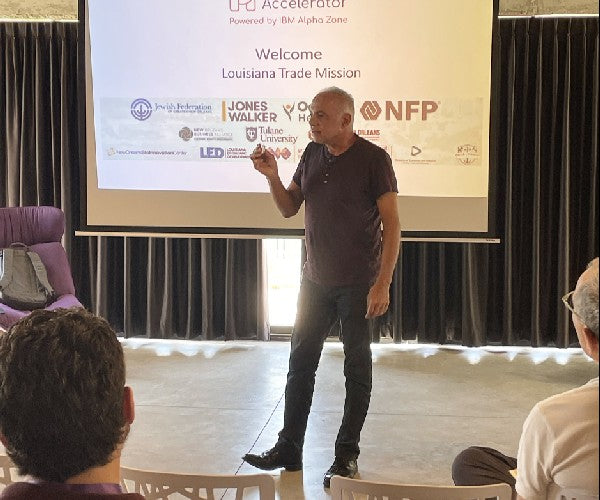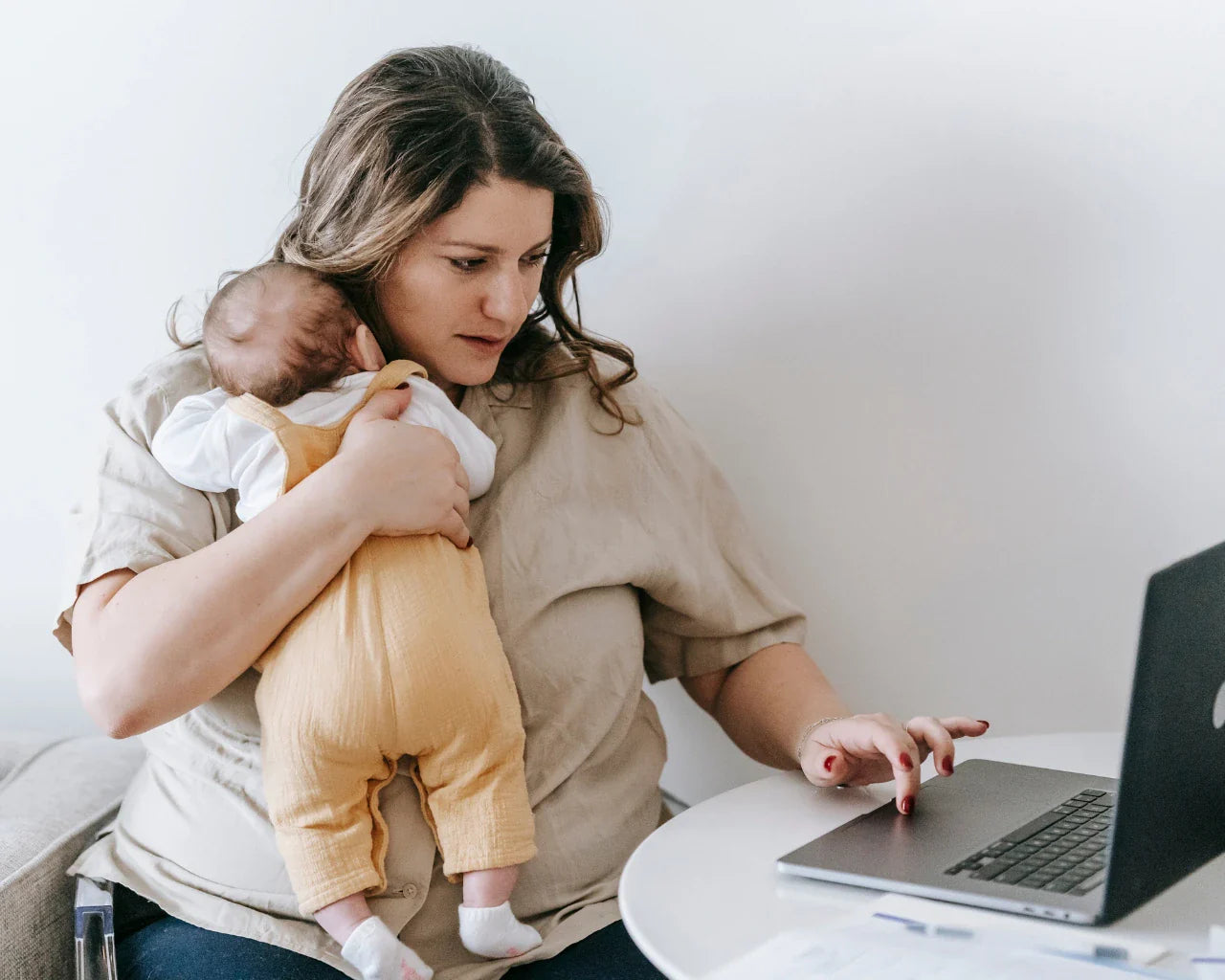
Mama Knows
Rediscovering Yourself After Baby: Postpartum Wisdom from Caitlin, Midwife & Mother
Motherhood is breathtaking—and often overwhelming. In a powerful chat with Caitlin Schollmeier (a labor nurse turned midwife and founder of Lila laborwear), we explored one of the most overlooked parts of the journey: what happens to you, the person, after the baby arrives.
Because you're not just gaining a child—you’re navigating a transformation that shifts every part of your identity.
You’re More Than a Mom
Caitlin’s path—from ER nursing to delivering twins and becoming a midwife—is inspiring. But what’s even more real is what she’s seen again and again: pregnancy steals the spotlight from all the other facets of who a woman is.
“Everyone stopped asking me about my company or my accomplishments. It all became about the kids.”
And society reinforces that. When you talk about rebuilding your pre-baby self—like going to the gym—women scoff, “Who even watches your kids?” As though reclaiming a piece of yourself is somehow wrong.
But Caitlin begs to differ: taking time for yourself isn’t optional. It’s essential. Because when you feel cared for, so does your baby.
Breaking the Identity Shift
So how does a mom move through postpartum without losing herself?
- Normalize the shift. It’s okay to feel different or disconnected. Birth changes everything—and that can feel heavy, but it’s not wrong.
- Set expectations early. Talk with your partner about support—daytime, nighttime, mental load. Define boundaries with family and friends, too.
- Protect your passions. If exercising matters—make time. If painting or praying matters—make room. You’re not dispensing self-care; you’re fueling your capacity to care.
- Build your village. Join online groups like Wonder Weeks, or local mom meetups. Even virtual support helps you feel seen and heard.
- Plan for your postpartum mental health. Pregnancy is the perfect time to connect with a therapist, flag warning signs, and plan for help before you need it.
When You’re Not Okay
Caitlin shared something important: she wasn’t okay postpartum—and admitting it felt scary.
But she sought help, reached out to a provider, and got support—and it saved her.
No mom should suffer in silence.
Your checklist could look like this:
- Know the signs. Anxiety, tearfulness, intrusive thoughts—these aren’t normal “just the baby blues.”
- Create a plan. Who will encourage you to get help? You don’t have to do it alone.
- Start early. Reach out to a therapist or prescriber during pregnancy, before the whirlwind hits.
- Accept the help. Whether it’s a pump, a warm meal, or a breathing space, you deserve it.
Tech That Supports, Not Ignores You
Here at LittleOne.Care, we’re proud to offer Elora—a baby wellness monitor built for caregiving without replacement.
Caitlin emphasized how helpful it can be:
- Track your baby safely, and reduce nighttime worry
- Share the load—partners can add diaper changes, feedings, and peeks at growth
- Get expert context so that data feels like support, not panic
- Message specialists right from the app when reassurance means everything
Because postpartum isn’t just about the baby — it’s about supporting your new life as a parent. And Elora is a tool that values you as much as it does your baby.
You’re Still You. And That’s Amazing
You aren’t just a mom. You’re every part of you—all the passions, talents, laughter, and love that got you here.
This postpartum phase is big and sometimes hard—but it can also be the foundation of a life refreshed and reimagined.
So yes: create a support plan. Prioritize your wellness. Keep a piece of you. And lean into small tools that care for your whole self—even at 2 a.m.
Want more tips on building postpartum support? Check out our guide to Elora’s caregiving features—and how they help you stay connected to you through the sleepless nights.

